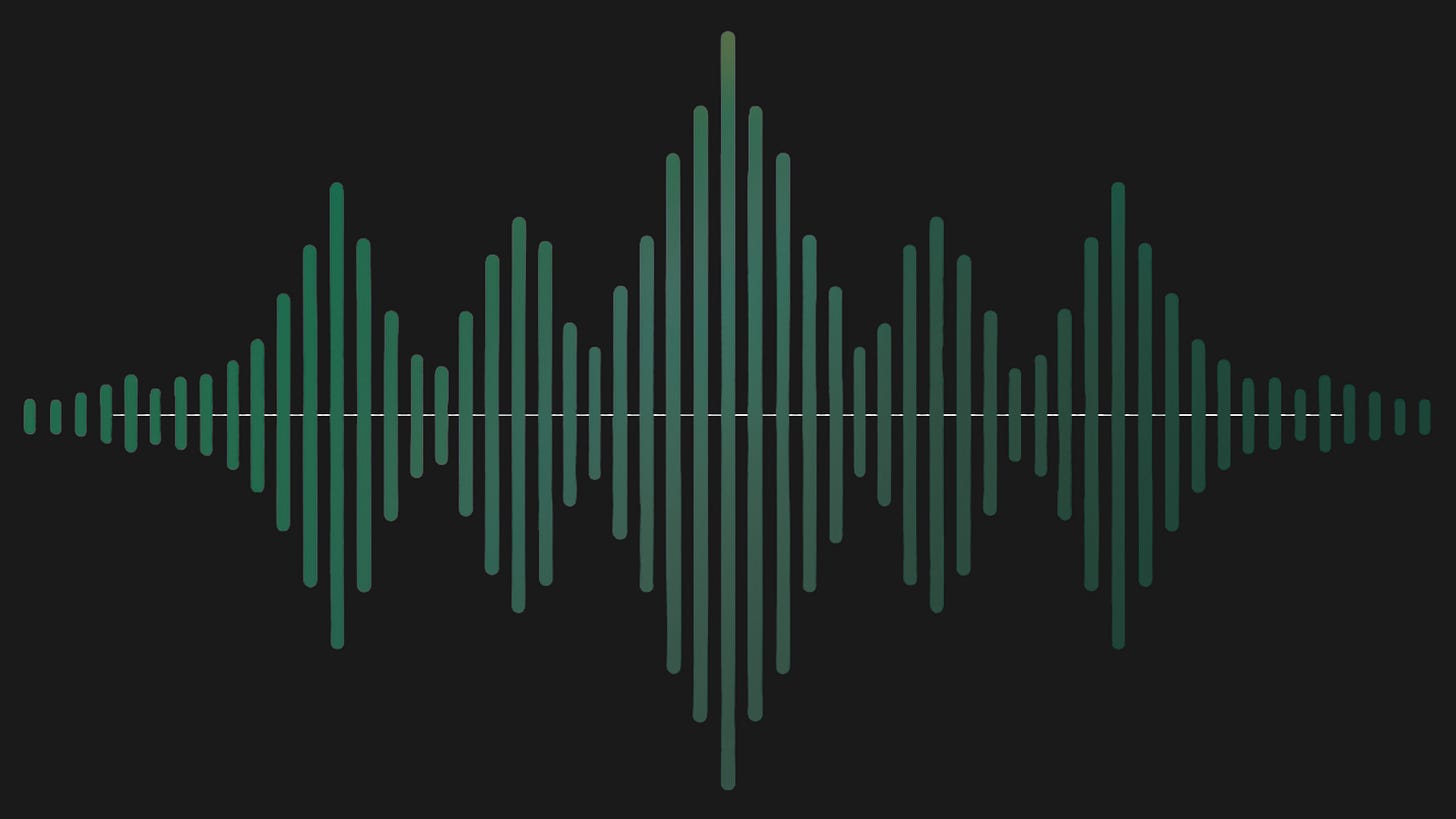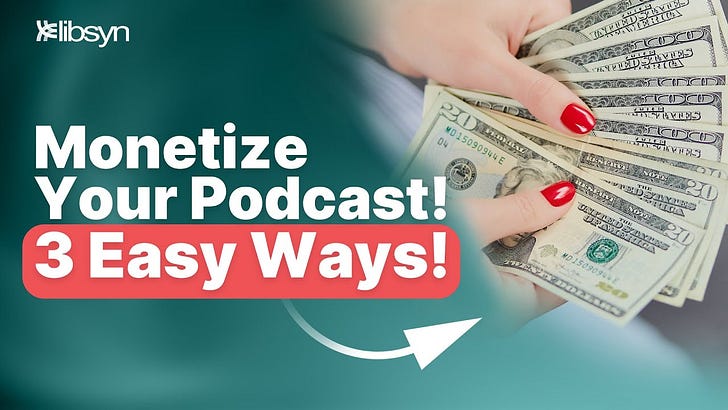YouTube’s share of podcast listening surges as marketers press for standards, Oxford Road says
The podcast advertising landscape is experiencing unprecedented chaos—and it's costing the industry billions in untapped potential. While podcast advertising spend surges toward $2.55 billion in 2025 with 14% annual growth, a fundamental crisis threatens to cap this momentum.
Major shows are jumping networks, YouTube commands 25% of U.S. podcast consumption, and advertisers can't compare performance across platforms. The result? Nearly half of brand marketers cite "limited performance data" as their biggest barrier to increasing podcast ad spend, while 76% would dramatically boost investment if measurement standards aligned across platforms.
This analysis draws from Oxford Road's comprehensive "State of Audio Advertising 2025" report, presented at the third annual Chief Audio Officer Summit. Oxford Road, a leading audio advertising agency, surveyed over 4,000 consumers and interviewed 30+ industry leaders, partnering with Edison Research and eMarketer to compile definitive market data. The report represents insights from the industry's top spending brands, major platforms, publishers, and measurement specialists.
The Key Points
• Fragmented Measurement Creates Investment Paralysis: The podcast industry lacks standardized metrics across platforms, with advertisers juggling promo codes, vanity URLs, pixel data, and conflicting attribution methods. This "metric mayhem" leads to inconsistent insights and suppresses investment in what Oxford Road calls a "high-potential, otherwise-lucrative acquisition channel."
• Video Integration Reshapes Podcast Definition: Audio remains the foundation, but video is fundamentally changing expectations. While 72% of consumers consider YouTube discussions available as audio-only to be podcasts, only 27% view YouTube how-to videos as podcasts, highlighting the need for clearer medium definitions.
• Platform Migration Intensifies Competition: High-profile moves like "Call Her Daddy" to SiriusXM and "New Heights" to Wondery demonstrate that exclusivity contracts are increasingly transient. However, some creators like "Diary of a CEO" are rejecting $100 million offers, signaling diverse monetization strategies across the ecosystem.
• Advertising Spend Momentum Shifts Dramatically: While radio advertising declines by $705 million since 2022, podcast advertising surged $820 million (+47%) in the same period. This represents the most significant shift in audio advertising allocation in decades, with streaming audio growing $410 million (+9%).
• Brand Safety Landscape Restructures Post-GARM: The collapse of the Global Alliance for Responsible Media (GARM) after Elon Musk's lawsuit has created a fragmented brand safety environment, forcing marketers to navigate renewed risks when measuring content suitability across podcast platforms.
Critical Highlights
Market Size Discrepancy: Industry estimates vary wildly—IAB reports $2.4 billion in 2024 podcast advertising revenue, while Owl & Co estimates $4.3 billion. This $1.9 billion difference stems from whether YouTube's partner program revenue counts as "podcast advertising," underscoring definitional chaos.
Attribution Crisis: YouTube's 1 billion monthly podcast users represent massive scale, but advertisers cannot track pixels on the platform, creating measurement blind spots that limit campaign optimization and budget allocation confidence.
Audience Growth Trajectory: Daily podcast listening has more than tripled over the past decade, with podcasts adding approximately 40 million daily listeners alongside streaming music's similar growth, while traditional radio maintains 60% daily reach among Americans 13+.
Why It Matters
The podcast advertising industry stands at a critical inflection point that will determine whether it doubles in size or stagnates due to measurement dysfunction. For everyday podcast listeners, this translates to either more diverse, well-funded content or increased ad loads on fewer shows as advertisers struggle to justify spending.
The fragmentation means smaller, independent podcasters may find it increasingly difficult to attract advertising revenue without clear performance metrics, while major platforms consolidate audience attention. Essentially, the industry's inability to answer basic questions—"What is a podcast?" and "How do we measure success?"—is preventing billions of dollars from flowing to content creators and limiting the medium's potential to serve audiences with engaging, advertiser-supported programming.
The Big Picture: Impact on Podcasters and Industry
Immediate Implications for Independent Podcasters
The measurement crisis creates a two-tier system where established shows with direct advertiser relationships thrive, while independent creators struggle to demonstrate value. Without standardized metrics, smaller podcasters cannot effectively compete for brand budgets, forcing them toward listener-supported models or platform-specific monetization programs with variable revenue sharing.
Strategic Opportunities for Podcast Producers
Forward-thinking producers can capitalize on this chaos by implementing robust, multi-platform measurement strategies before industry standards emerge. Early adopters who establish clear attribution methodologies and comprehensive audience analytics will command premium rates when measurement alignment occurs. The current fragmentation rewards producers who can navigate multiple platform requirements and provide advertisers with actionable performance data.
Platform Consolidation Accelerates
Major platforms are using exclusive content deals and proprietary measurement tools to create competitive moats. This consolidation benefits established networks while challenging independent producers to choose between platform exclusivity and open distribution strategies. The winners will be those who maintain audience relationships across platform migrations.
Revenue Model Diversification Becomes Essential
The measurement uncertainty is driving innovative revenue approaches beyond traditional advertising. Successful podcasters are combining subscription models, premium content tiers, merchandise, live events, and direct brand partnerships to reduce dependence on programmatic advertising that relies on standardized metrics.
Actionable Strategies for Podcasters and Producers
Implement Multi-Platform Attribution Tracking
Establish Baseline Metrics: Deploy unique promo codes, branded URLs, and platform-specific tracking for each advertising campaign. Document which attribution methods work best for your audience demographics and content format.
Create Performance Dashboards: Aggregate data from Apple Podcasts Connect, Spotify for Podcasters, Google Podcasts Manager, and other platform analytics into comprehensive reporting. Track listener retention, geographic distribution, and consumption patterns across platforms.
Develop Advertiser-Ready Reporting: Prepare standardized performance reports that translate platform-specific metrics into business outcomes. Include cost-per-acquisition calculations, audience quality metrics, and campaign lift analysis.
Position for Video-Audio Convergence
Optimize for Multi-Format Distribution: Develop content that works effectively as audio-only while incorporating visual elements that enhance rather than require viewing. Test recording setups that capture quality audio for traditional podcast feeds and engaging video for YouTube distribution.
Understand Platform-Specific Algorithms: YouTube's algorithm rewards watch time and engagement differently than podcast platform algorithms that prioritize completion rates and subscription retention. Tailor content strategy and posting schedules accordingly.
Build Cross-Platform Audience Relationships: Use video platforms to drive traffic to owned channels (email lists, websites, premium subscriptions) rather than relying solely on platform-dependent audience relat
Despite the financial challenges that our industry faces, we have decided to keep our reporting open to the public because we believe that everyone has the right to know the truth about the events that shape their world.
Thanks to the support of our readers, we can continue to provide free reporting. If you can, please choose to support The Podwires
Truth matters. Quality journalism costs.
Your subscription to Mencari directly funds the investigative reporting our democracy needs. For less than a coffee per week, you enable our journalists to uncover stories that powerful interests would rather keep hidden. There is no corporate influence involved. No compromises. Just honest journalism when we need it most.
Not ready to be paid subscribe, but appreciate the newsletter ? Grab us a beer or snag the exclusive ad spot at the top of next week's newsletter.







